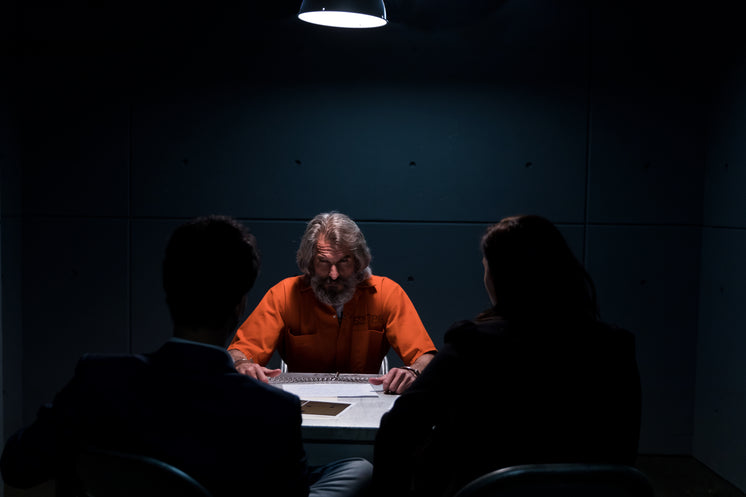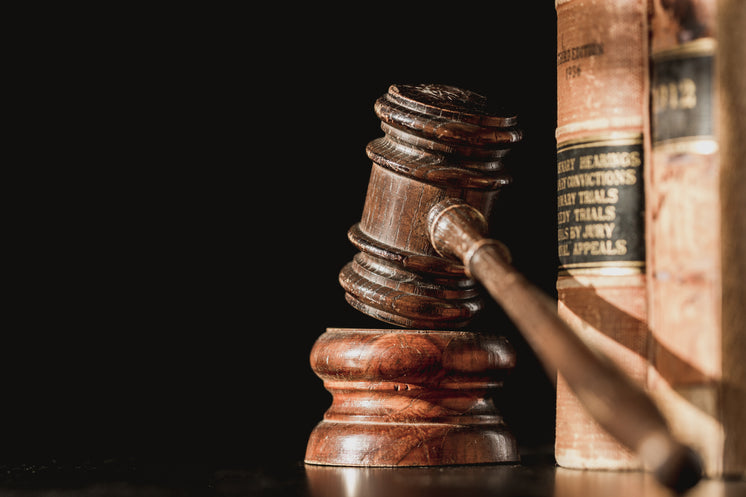leewhaley9817
About leewhaley9817
The Northern Ireland court system are a unique part of the British legal framework.
In civil matters, the High Court of Justice in Northern Ireland has jurisdiction over complex and high-value cases. It is made up of three divisions: the Queen’s Bench Division, the Chancery Division, and the Family Division. These divisions handle everything from judicial review and commercial disputes to family breakdowns and probate.
Courts are not only places where legal matters are decided, but they are also symbols of authority, justice, and democracy. The design of these courts has evolved over centuries, from grand historical buildings to modern structures that reflect the need for efficiency, accessibility, and security. As society continues to change, so too does the way courts are designed to meet the needs of the public and the legal system.
Appeals from the High Court and Crown Court are taken to the Court of Appeal in Northern Ireland. This court reviews cases for legal errors and can overturn or affirm decisions from the lower courts. It has a vital role in interpreting legislation and ensuring consistency in legal judgments across the region.
In some cases, legal aid may also provide funding for expert witnesses or investigators, which can be vital in building a strong case. If you loved this write-up and you would like to receive additional info about find barristers kindly take a look at our own web site. For example, in medical negligence or complex financial disputes, expert testimony is often necessary to support the claims being made. Without legal aid, these vital resources would be out of reach for many individuals, potentially leading to unjust outcomes.
Education and training is offered through institutions such as Queen’s University Belfast and Ulster University. These universities provide specialised legal training with a focus on both UK-wide and Northern Ireland-specific law.
To conclude, legal aid in the UK is an essential component of the justice system, providing individuals with access to legal representation and advice, regardless of their financial circumstances. Despite facing significant challenges due to funding cuts and restrictions, legal aid remains a vital service website leads for lawyers ensuring that everyone has the opportunity to access justice. Whether in criminal, civil, or family law cases, legal aid helps to level the playing field and ensures that the legal process is fair for all. With ongoing advocacy and reforms, there is hope that legal aid can be expanded and improved to better serve those in need in the future.
 Eco-friendly design is also becoming an increasingly important factor in the design of law courts in the UK. As concerns about climate change and environmental sustainability grow, many new court buildings are being designed with a focus on energy efficiency and environmental impact. This includes the use of solar panels, as well as the incorporation of sustainable building materials. Sustainable design not only helps to reduce the carbon footprint of the court system but also serves as a symbol of the legal profession’s commitment to addressing broader societal issues.
Eco-friendly design is also becoming an increasingly important factor in the design of law courts in the UK. As concerns about climate change and environmental sustainability grow, many new court buildings are being designed with a focus on energy efficiency and environmental impact. This includes the use of solar panels, as well as the incorporation of sustainable building materials. Sustainable design not only helps to reduce the carbon footprint of the court system but also serves as a symbol of the legal profession’s commitment to addressing broader societal issues.
The historical and political landscape has had a profound impact on its legal system. Special courts such as the Diplock Courts were once used to try terrorism-related offences without juries, although these have largely been phased out in favour of normalised legal processes.
One more component of the legal aid system is that it helps to reduce the risk of wrongful convictions in criminal cases. Legal aid ensures that defendants have proper legal representation to challenge the evidence against them, cross-examine witnesses, and ensure that their rights are protected throughout the trial. Without legal aid, many individuals might not have the means to defend themselves, leading to miscarriages of justice.
As a result, many people are now forced to represent themselves in court, a situation known as ”litigants in person.” This has raised concerns about the fairness of the legal system, as individuals without legal expertise may struggle to navigate complex legal processes and present their case effectively. The issue is especially prevalent in family law cases, where emotional and personal stakes are high.
 The rise of digital technology in courtrooms has led to the creation of ”virtual courts,” where proceedings can take place entirely online. This trend has been accelerated by the COVID-19 pandemic, which forced many courts to adopt virtual hearings as a means of continuing legal proceedings while maintaining social distancing. As a result, some court buildings are now designed with the infrastructure to support both in-person and virtual hearings, with dedicated spaces for video conferencing and other digital technologies.
The rise of digital technology in courtrooms has led to the creation of ”virtual courts,” where proceedings can take place entirely online. This trend has been accelerated by the COVID-19 pandemic, which forced many courts to adopt virtual hearings as a means of continuing legal proceedings while maintaining social distancing. As a result, some court buildings are now designed with the infrastructure to support both in-person and virtual hearings, with dedicated spaces for video conferencing and other digital technologies.
Court ushers. They ensure that everyone involved in a case, including witnesses, legal representatives, and defendants, is in the right place at the right time. Ushers may call cases into the courtroom, assist witnesses in taking the stand, and maintain order during hearings. Their role also includes helping to organize courtrooms for the proceedings and ensuring that any documents or evidence are appropriately handled.
لم يتم العثور على عقارات.
